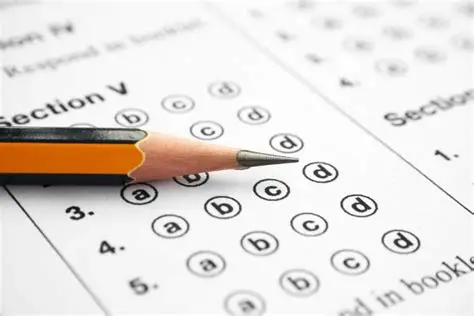Strong letters of recommendation are crucial for college applications.
Letters of recommendation humanize an applicant. They give admissions officers an understanding of the student they are reviewing behind solely qualitative measures like GPA and SAT scores.
Nearly all top- and second-tier colleges require students to submit three recommendation letters from individuals well-acquainted with the student in the final years of high school: two from subject teachers (ideally of the field you are seeking admission to) and one from a guidance counselor or administrator.
When written by a teacher who knows you well or an expert in the field you are applying to, a letter of recommendation offers insight into your work ethic, contributions to the school community, and any other special circumstances that may influence your application.
How to Choose the Right Recommenders.
- First and foremost, read the directions carefully on each college application to ensure you fulfill their specific requirements. Some universities require recommendations from specific subject teachers (for example, Brown’s PLME program requires one letter from a math or a science teacher). In contrast, others require no letters of recommendation at all. Who to ask for a Recommendation Letter
- Some schools, like Dartmouth, strongly encourage an additional peer recommendation. This may be a classmate, a research partner, or a sports teammate.
- Bombarding admissions officers with additional information may be perceived as a lack of respect for their time or an unwillingness to follow instructions.
- Next, identify teachers who know you well. This includes teachers in subjects relevant to your academic goals and/or one who knows you in multiple capacities. For example, a humanities teacher who advised you on how to set up and lead the school’s first philosophy club.
- Consider variety in your selection. Hopefully, you have spent your years in high school developing positive relationships with your teachers. Different recommenders will highlight diverse skills depending on your level of engagement in and out of the classroom.
- A famous name isn’t always the best choice. A letter of recommendation from a notable alum or family member means nothing to an admissions committee and may even work against you.
Ask Early and Be Thoughtful
Teachers have busy schedules, and providing them ample time to write reflects consideration for their time. Ideally, you should ask them in the spring of junior year or at the start of senior year. Unlike your guidance counselor, teachers are not expected to write letters of recommendation for students and often do so in their own time.
Attach your CV as an additional courtesy. Your recommender may also request further context for your application goal, specific examples of your best classwork, and any other achievements you want them to highlight. Anecdotes and personal insights make a recommendation stand out.
Read More: Tips To Help You Prepare For Leave
Remember to Say Thank You!
Touch base with your recommenders to see how the submission is going. Also, don’t forget to send them a heartfelt thank-you note to show your appreciation for all their support.
Conclusion
You have worked too hard these past two years to allow only numbers to tell the story of who you are: your passions, academic strengths, interpersonal skills, and community contributions, An impressive letter of recommendation tells the story and, coming from a source of authority, confirms what you have shared in your application.






